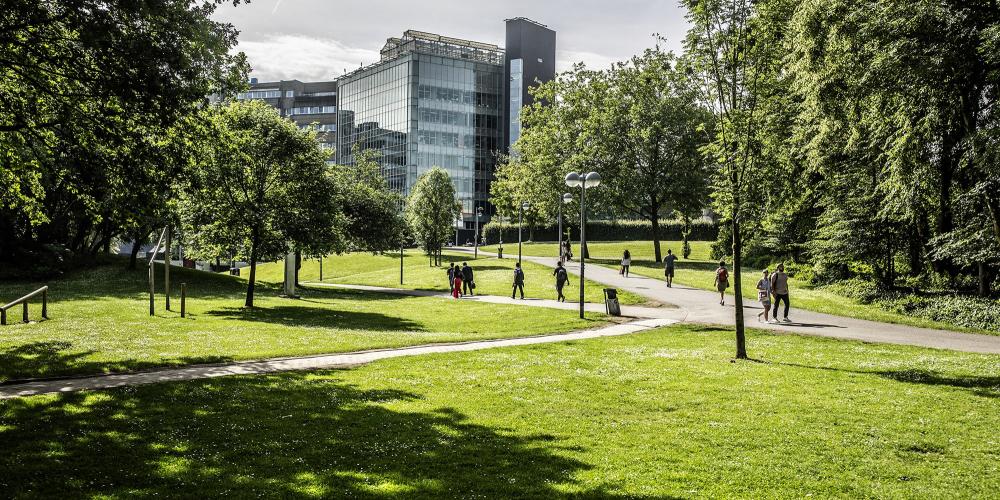
The Faculty of Social Sciences and Solvay Business School at Vrije Universiteit Brussel is taking significant steps to embed sustainability in its curriculum and activities. It is introducing new courses 'Sustainability Economics' and 'Sustainability Reporting and Assurance,' enhancing the sustainability aspect of its economics programmes, launching the microcredential 'Sustainability', and organising various climate boot camps.
Sustainability for future leaders
Students in the Bachelor's and Master's programmes in Toegepaste Economische Wetenschappen, Handelsingenieur, and Business Economics can now gain extensive knowledge of sustainable economic concepts and practices.
The new courses directly address the needs of the labour market. For instance, the new course 'Sustainability Reporting and Assurance' anticipates European initiatives that, starting next year, will mandate ESG sustainability reporting for all major companies. In this new course, students learn how companies measure their impact on the environment, people, and society, and how they report on good governance.
Lifelong learning
Not only students but anyone interested in furthering their knowledge of sustainability can turn to the Faculty of Social Sciences and Solvay Business School. This includes participating in climate bootcamps where participants learn how to take further steps towards climate neutrality. These boot camps cover keynotes from experts in the four main impact domains: Energy, Buildings, Food, and Mobility, as well as policy, behaviour, and how to engage people in the transition. Through an intensive workshop where participants learn to accelerate the transition in their organisation using an accelerator hub, these boot camps provide a unique opportunity to gather ideas and network with like-minded individuals.
Finally, the faculty offers the microcredential 'Sustainability', a compact programme of up to 18 credits. This microcredential includes three courses: 'Decision Support for Sustainability,' 'Sustainability Economics,' and 'Sustainability: an Interdisciplinary Approach.' This flexible approach to lifelong learning enables students and professionals to gain deep insights into sustainability and apply them in their daily lives and workplaces.